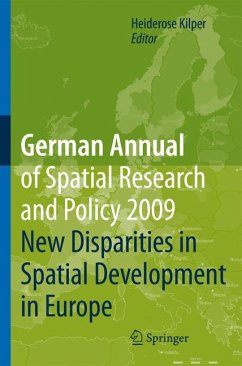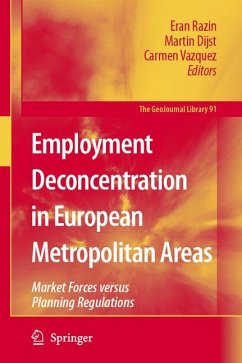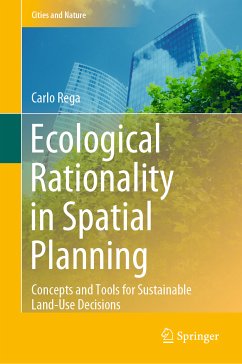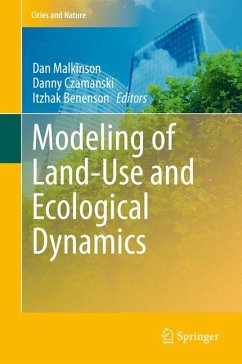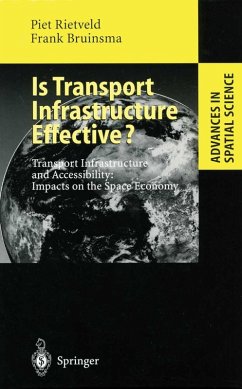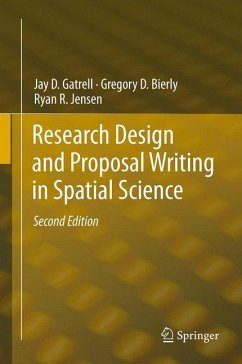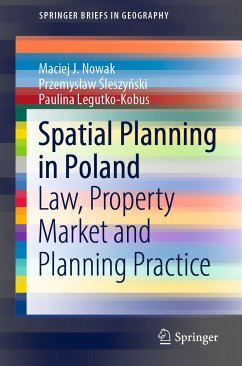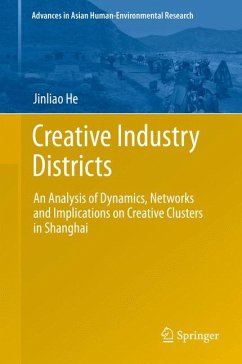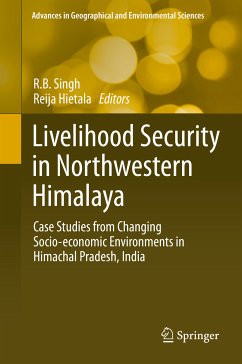
German Annual of Spatial Research and Policy 2010 (eBook, PDF)
Urban Regional Resilience: How Do Cities and Regions Deal with Change?
Redaktion: Müller, Bernhard
Versandkostenfrei!
Sofort per Download lieferbar
112,95 €
inkl. MwSt.
Weitere Ausgaben:

PAYBACK Punkte
56 °P sammeln!
Resilience is increasingly becoming a catchword in current discussions about urban and regional development. While there has been a strong research focus on sustainability, there is a lack of understanding of the processes and factors that make cities and regions more vulnerable and others more resilient, for example, when dealing with climate change, demographic decline and ageing, as well as economic crises. The German Annual of Spatial Research and Policy 2010 sheds some light on this by discussing examples of how actors deal with change. On the one hand, concepts are described and analysed...
Resilience is increasingly becoming a catchword in current discussions about urban and regional development. While there has been a strong research focus on sustainability, there is a lack of understanding of the processes and factors that make cities and regions more vulnerable and others more resilient, for example, when dealing with climate change, demographic decline and ageing, as well as economic crises. The German Annual of Spatial Research and Policy 2010 sheds some light on this by discussing examples of how actors deal with change. On the one hand, concepts are described and analysed which are oriented towards increasing urban regional resilience, for example regarding energy consumption, climate change, and urban decline. Moreover, institutional aspects are discussed. On the other hand, barriers for using the concept of resilience in planning are described and suggestions are made about how to deal with these barriers in strategic planning.
Dieser Download kann aus rechtlichen Gründen nur mit Rechnungsadresse in A, B, BG, CY, CZ, D, DK, EW, E, FIN, F, GR, HR, H, IRL, I, LT, L, LR, M, NL, PL, P, R, S, SLO, SK ausgeliefert werden.



